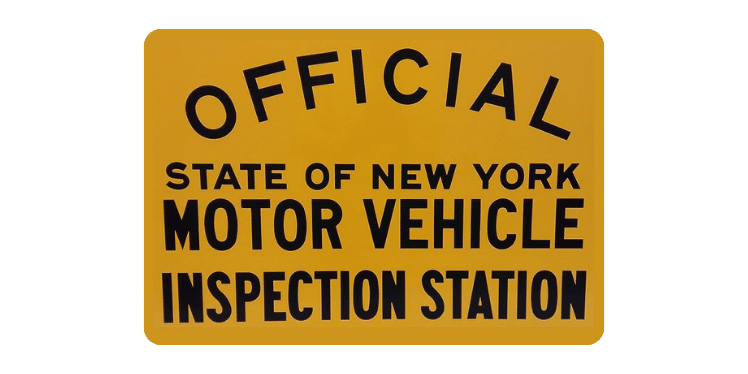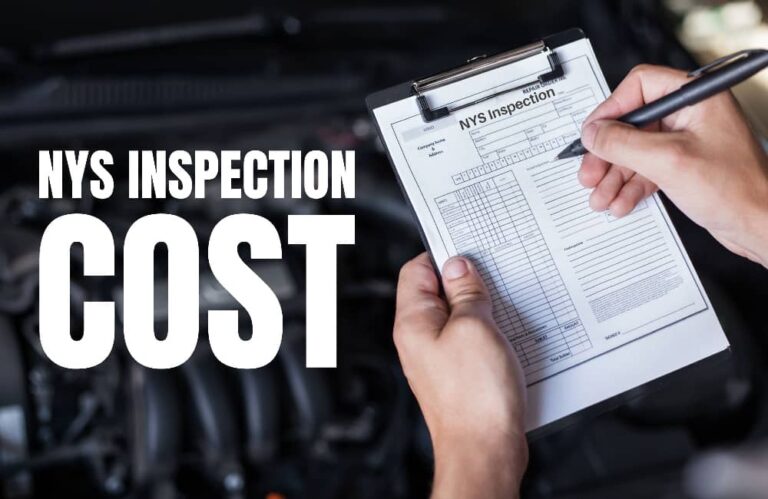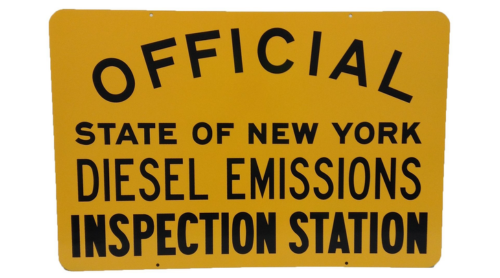Today’s vehicles are much more sophisticated machines than those from the 1970’s. Back then cars needed a tune-up every 5-10,000 miles.
Even though major services aren’t required as frequently you should still have your fluids and filters serviced every 30,000 miles to avoid major problems. It is a good idea to have your oil changed at a reputable repair facility that will check the status of the following items every 3,000 miles when you get an oil change and then having a thorough and complete inspection done once, or even better, twice per year.
We have advanced from the days of distributors, timing adjustments and idle screw adjustments on carburetors. A tune-up today generally consists of replacing spark plugs, plug wires, the fuel filter, the interior and engine air filters, performing a complete fuel system cleaning, as well as flushing any dirty fluids. Now this is a generic list, some cars won’t need all of these services, but on the other side, some may require more. So how do you know if you need a tune-up? There are four major indications that you are due, or overdue, for a tune-up.
First is mileage. Consult your owner’s manual to see when your specific manufacturer recommends servicing for a tune-up.
Next would be if you have noticed increased fuel consumption. The best way to keep an eye on this is to monitor your gas mileage at every fill up. To accomplish this most accurately, fill up your tank to the top every time and use your trip odometer. If you reset the trip odometer after every fill up and you fill the tank, then when you look at how much fuel (in gallons) the tank took and divide that by how many miles are on the trip meter, you will come across your exact miles per gallon on that tank.
Upon acceleration, if you notice a knocking or pinging sound that is a definite sign the vehicle needs service. Occasionally this can be caused by an octane of gas that is too low, but if you are putting in the recommended octane listed in your owner’s manual, then an inspection would be required.
Lastly would be hard starting, meaning the vehicle will crank and try to start, but it may take a few tries before it does. No starts are the leading cause of emergency roadside calls, all stemming from a lack of maintenance.
Although cars don’t require service as often, many interpret this as them not needing service at all. Drivers tend to neglect preventative maintenance because there aren’t any noticeable signs of a problem right now and want to wait until there is an issue. However, pushing the maintenance aside will give you an even bigger headache and could lead to a much higher repair bill when a noticeable problem occurs.
Much research goes into deciding the optimum mileage increments to have components or fluids replaced. Schedule an appointment today at our reliable auto repair shop in Farmingdale. TLC Auto & Truck Center can service your vehicle and help keep you driving safely on the road. Following these guidelines will ensure the longest life out of your vehicle and the lowest cost per mile of driving. You can also click here to check out our current promotions!










